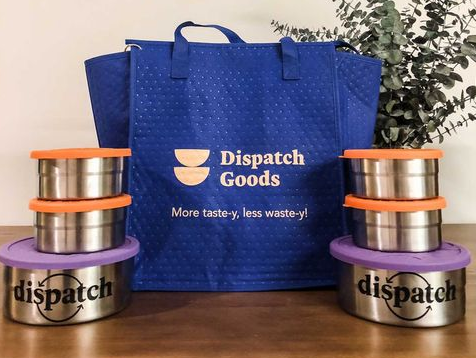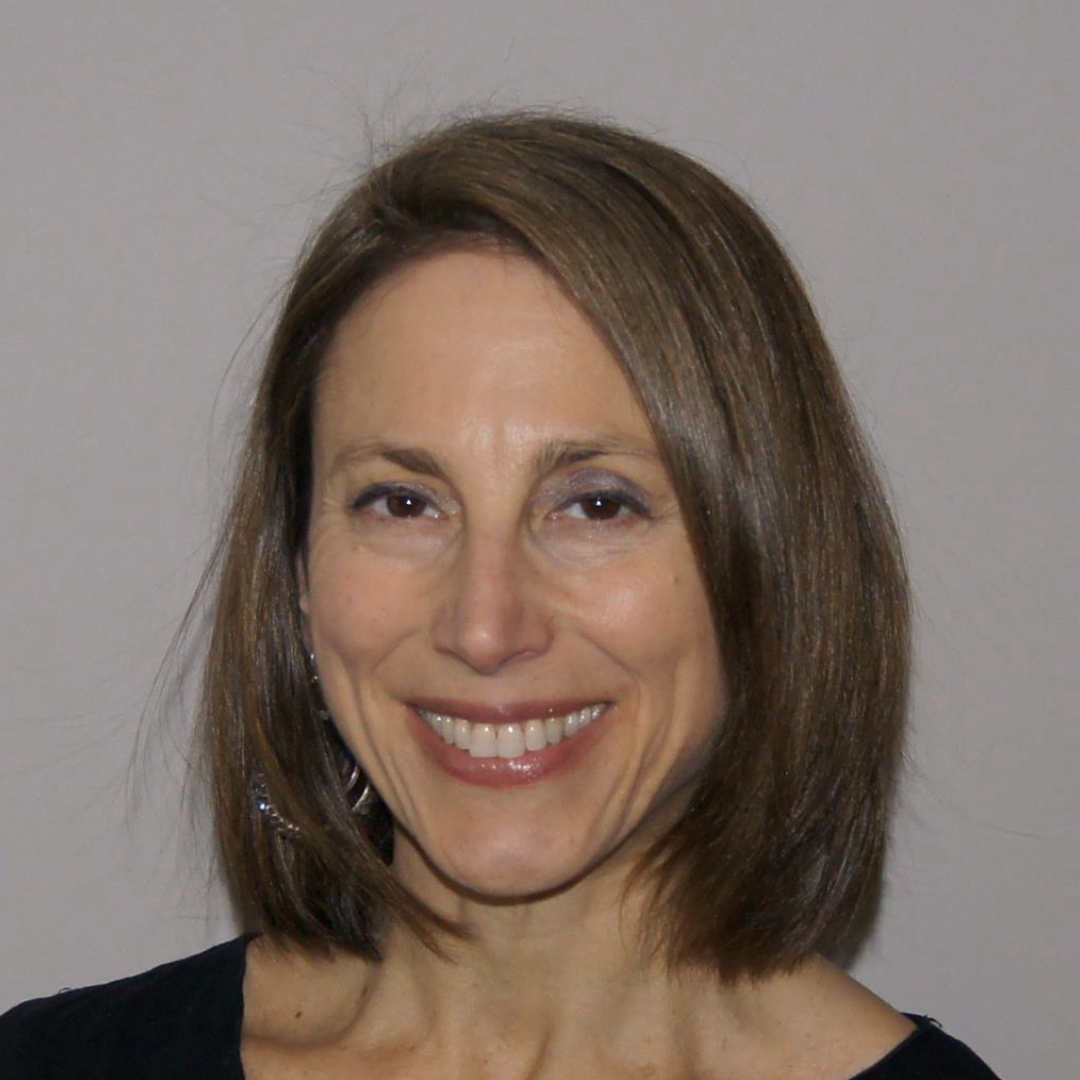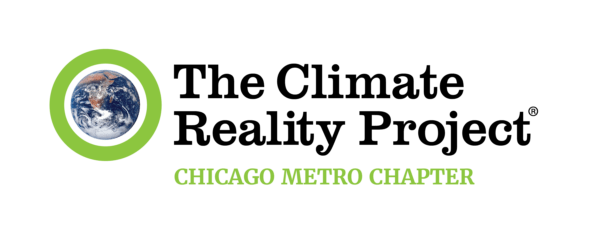
Where are the reusable containers? They’re coming!
By Jane Goldenberg
Editor’s Note: This article continues a series about new/local companies that are working to reduce waste. Please send us tips about others we should know about.
— Part II: How the system of containers works in restaurants —
Dispatch Goods, which distributes reusable containers for restaurants to use for takeout and delivery, is an inventory logistics company, said chief operating officer Maia Tekle. Sound complicated?
CEO Lindsey Hoell thought so, too, Tekle said, which is why she enrolled in an MBA program at the University of California at Berkeley before launching the company in July 2019.
Since then, Tekle said, the San Francisco-based Dispatch has been accepted into two accelerator programs: The Sustainable Ocean Alliance Accelerator and the Berkeley SkyDeck Accelerator.
Accelerator programs are one way startups get venture capital funding, so clearly, the money folks are attracted to the idea. The questions still to be answered: Will restaurants and consumers buy into the idea in large enough numbers to make the company sustainable? Can the model be replicated in other cities, and will customers reward restaurants who demonstrate earth-friendly practices?
Both Hoell, 36, and Tekle, 35, are part of a younger generation of entrepreneurs pushing us all to do a better job of taking care of our world to maintain ecosystems that can support us and all other living creatures. Certainly, the problem with microplastics pollution, which can interfere with our endocrine systems and cause other damage to health, must be addressed and cleaned up.
The San Francisco start-up, which is considering entering the Chicago market, is currently circulating a petition to gauge support for their system in our region.
Dispatch currently has about 15 restaurants in San Francisco, plus a waiting list to join the program as inventory supplies are ramped up. The company is planning to start in Alameda, Calif., across the San Francisco Bay, with five restaurants later this month, Tekle said.
Dispatch has a few different ways customers pay for the service. For example one San Francisco restaurant, Zuni Cafe, opted to go all in with Dispatch, so all its carryout orders are automatically delivered in Dispatch Goods. The cost is included in the bill.
In Alameda, customers of restaurants using Dispatch will have the option of selecting a Dispatch container in the same way they might check a box for extra avocado on a salad. The cost is $1.99 per menu item or $5 an order.
For people who order a lot of takeout every month, a better deal is a $20 per month membership, Tekle said, adding that this option is becoming more common in San Francisco.
Dispatch runs a pick-up service five days a week to collect its containers. They then clean and sanitize them before delivering them to participating restaurants. Tekle said the executive team currently does collections, as well, since it allows them to monitor the service.
Eventually, the fast-growing company hopes to have a lower tiered membership, where people can return their reusable containers themselves.
Deliver Zero in New York City requires customers to return the containers or be charged for them. Go Box in Portland, Ore., offers various subscription options and also requires customers return the containers themselves.
Besides Chicago, Dispatch is also eyeing New York City and Los Angeles for expansion. The petition Dispatch is circulating in our region to gauge interest will be an important factor in choosing their next market, along with interest among local restaurants and investment dollars, Tekle said.
While the pandemic may have highlighted the urgency for reusable containers, people will always order food for delivery and carryout. The need will only become more obvious as plastic pollution clogging our waterways and killing fish and fowl worsens. Besides, who really wants their dinner served in trash?
For additional reading:
» 20 ways to prevent plastic pollution in 2020
» We need a Paris agreement for plastics
» The Plastic Pandemic: Covid-19 trashed the recycling dream
» Covid-19 pandemic has led to more ocean plastic pollution
 Jane Goldenberg was trained by The Climate Reality Project in 2019 in Minneapolis. She is currently Communications Chair of the Chicago Chapter.
Jane Goldenberg was trained by The Climate Reality Project in 2019 in Minneapolis. She is currently Communications Chair of the Chicago Chapter.


One Response
Great Idea. I hope it comes to Park Ridge, Illinois.